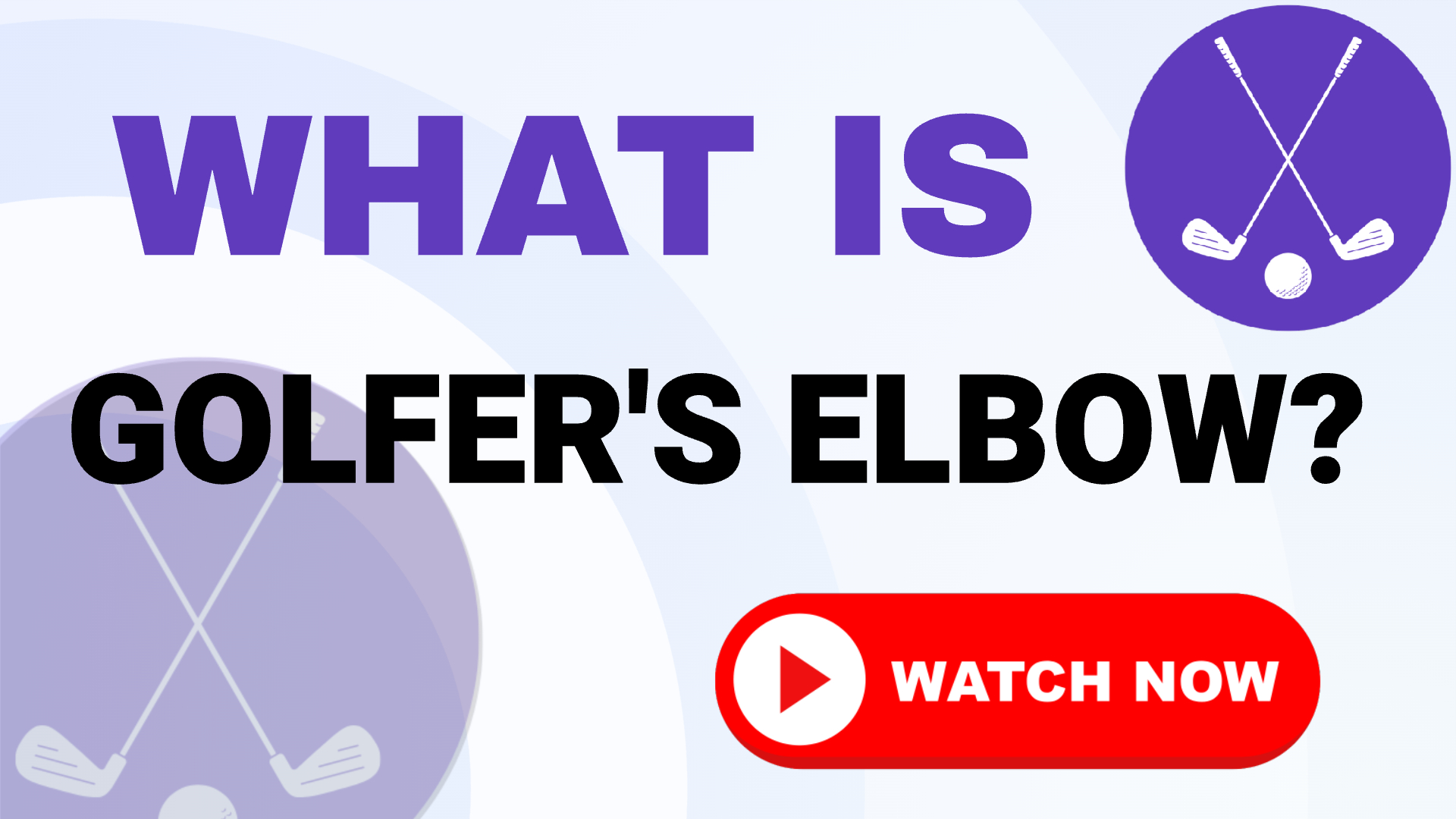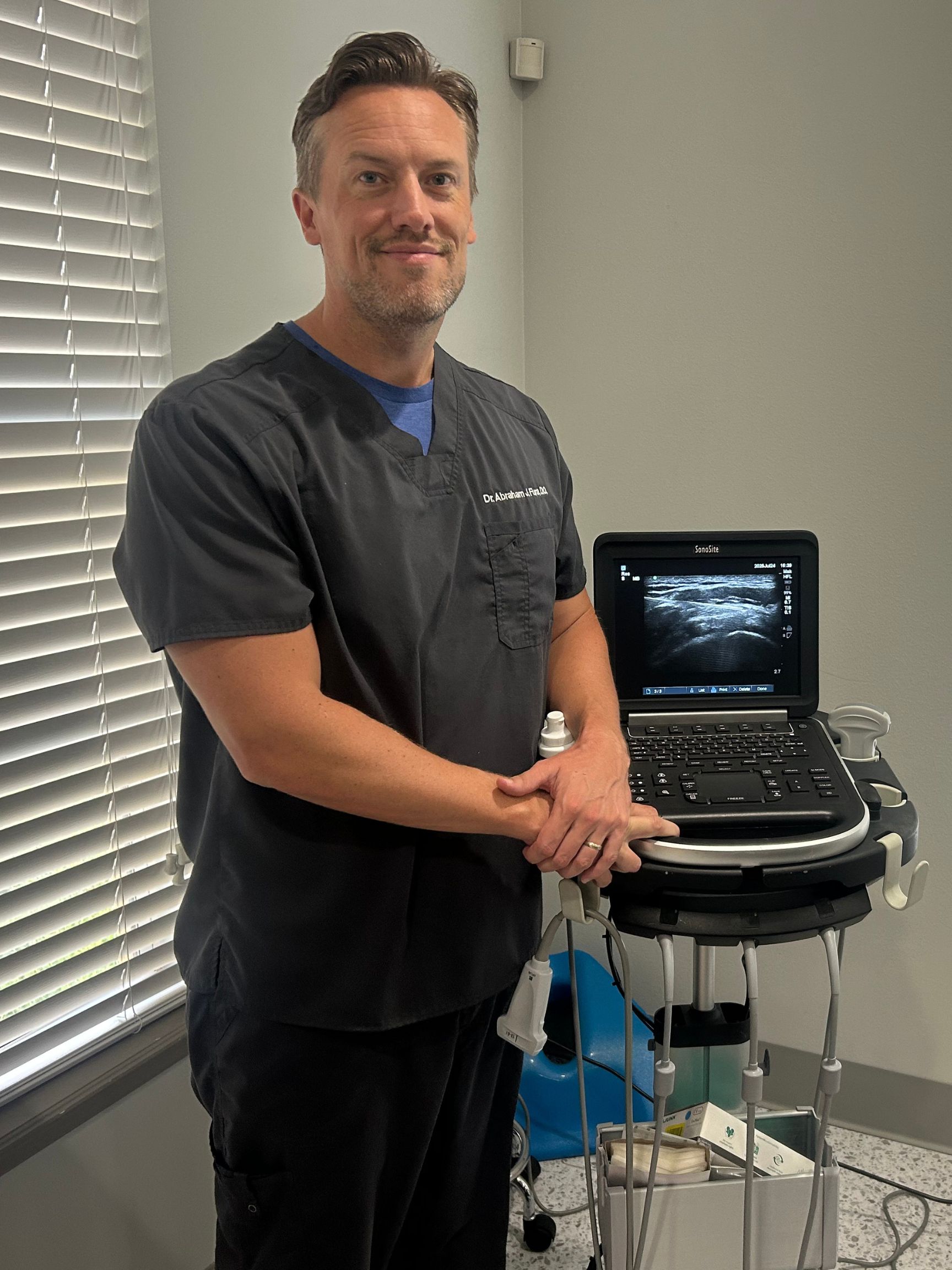
CONDITION OVERVIEW
Golfer's elbow, known medically as medial epicondylitis, is a condition that causes pain and inflammation in the tendons connecting your forearm muscles to the bony bump on the *inside* of your elbow. Despite its name, this painful overuse injury affects more than just golfers. It's caused by any repetitive activity that involves forceful wrist and finger gripping or flexing, leading to microscopic tears in the tendon. The pain can develop gradually or come on suddenly, affecting your ability to grip objects, turn your wrist, or perform daily tasks.

ROOT CAUSES
Golfer's elbow stems from damage to the muscles and tendons that control your wrist and fingers. This is typically caused by excess or repeated stress, especially forceful wrist and finger motions.
Improper technique in golf, tennis (especially topspin serves), and baseball (pitching) can overload the inner elbow tendons.
Jobs in fields like construction, plumbing, and carpentry that require repetitive twisting or gripping can lead to the condition.
Improper form while lifting weights, particularly during bicep curls or exercises involving wrist flexion, can strain the medial epicondyle.
Weak forearm muscles, lack of a proper warm-up, or using the wrong equipment can increase your risk of developing Golfer's Elbow.

RECOGNIZING THE SIGNS
The primary symptom of Golfer's Elbow is pain and tenderness on the inner side of your elbow, which may spread into your forearm. The pain is often triggered by specific movements.
Pain and tenderness centered on the bony bump on the inside of the elbow. This is the most common and defining symptom.
Pain intensifies when you make a fist, shake hands, turn a doorknob, or pick up an object with your palm facing down.
You may experience a noticeable decrease in grip strength, making it difficult to hold onto tools, weights, or even a coffee mug.
The elbow joint itself can feel stiff, and you may experience pain simply by trying to make a tight fist.
Less common, but the inflammation can affect the nearby ulnar nerve, causing tingling or numbness to radiate into the ring and little fingers.
The aching pain can spread from the inside of the elbow down through the forearm and into the wrist.
Don't let inner elbow pain keep you from your work, hobbies, or sports. Continuing to "play through the pain" can lead to a chronic problem. Schedule an evaluation at the Spine and Nerve Center Riverview to get an accurate diagnosis and begin a treatment plan designed to get you back in the game.